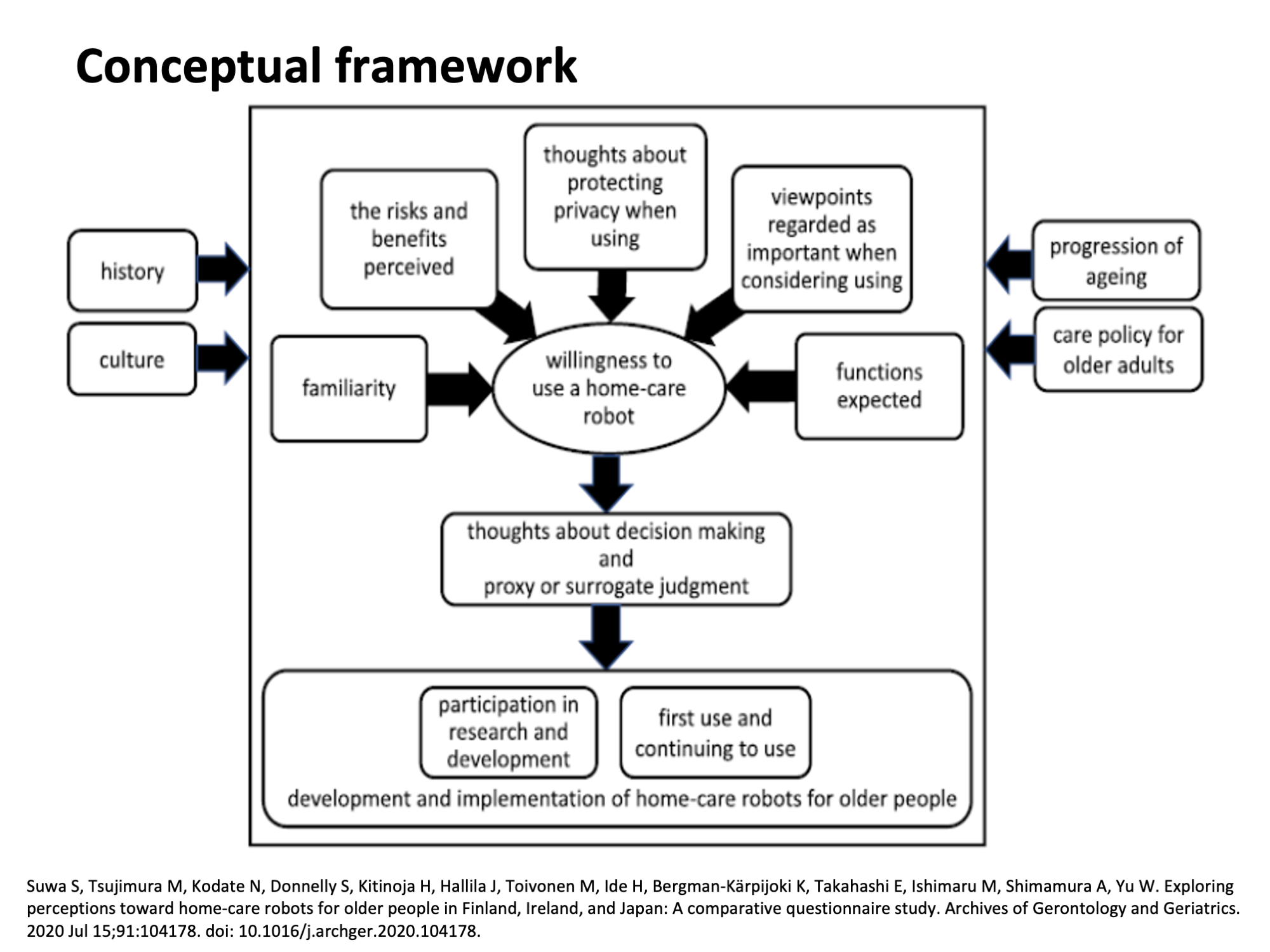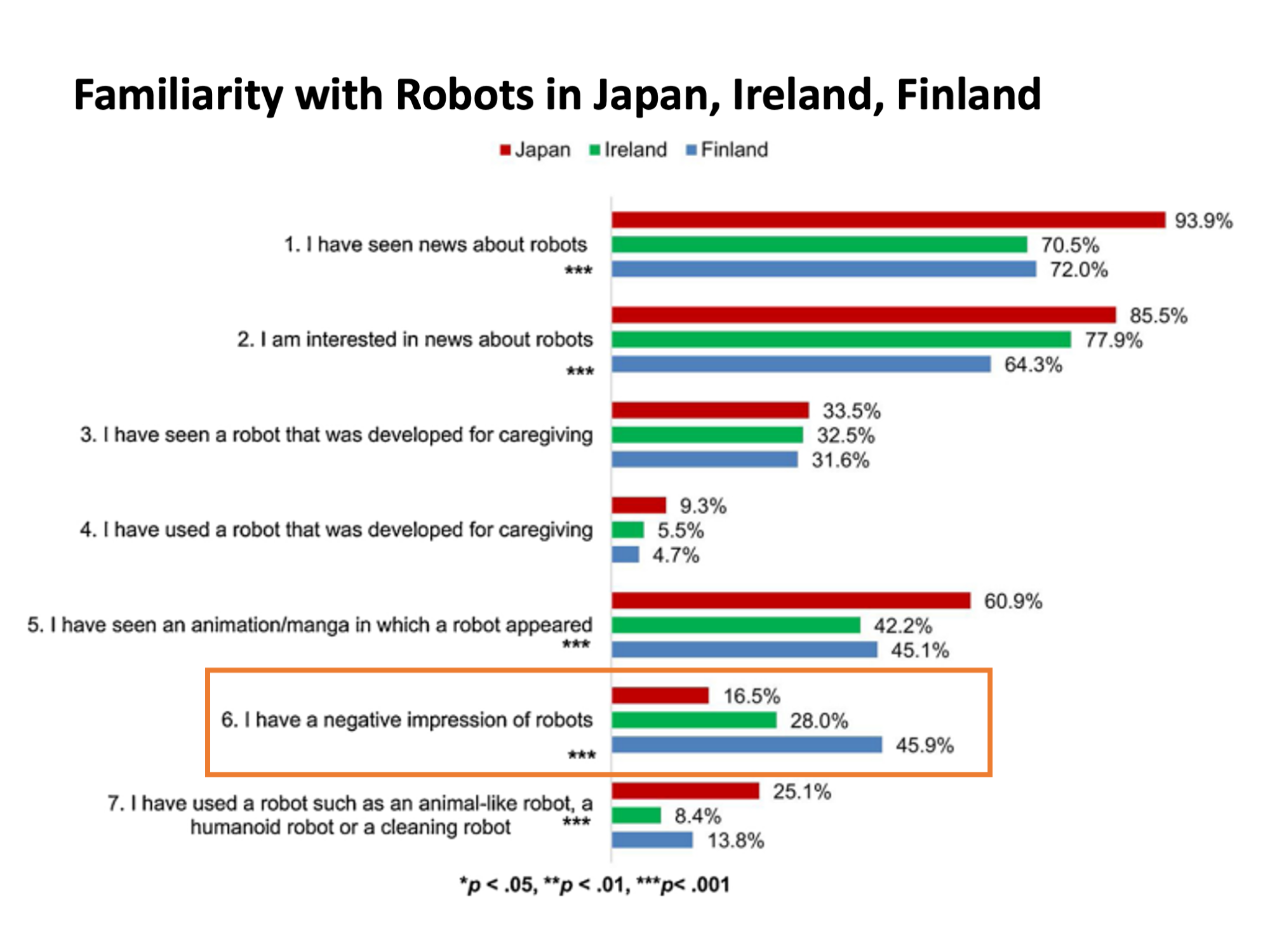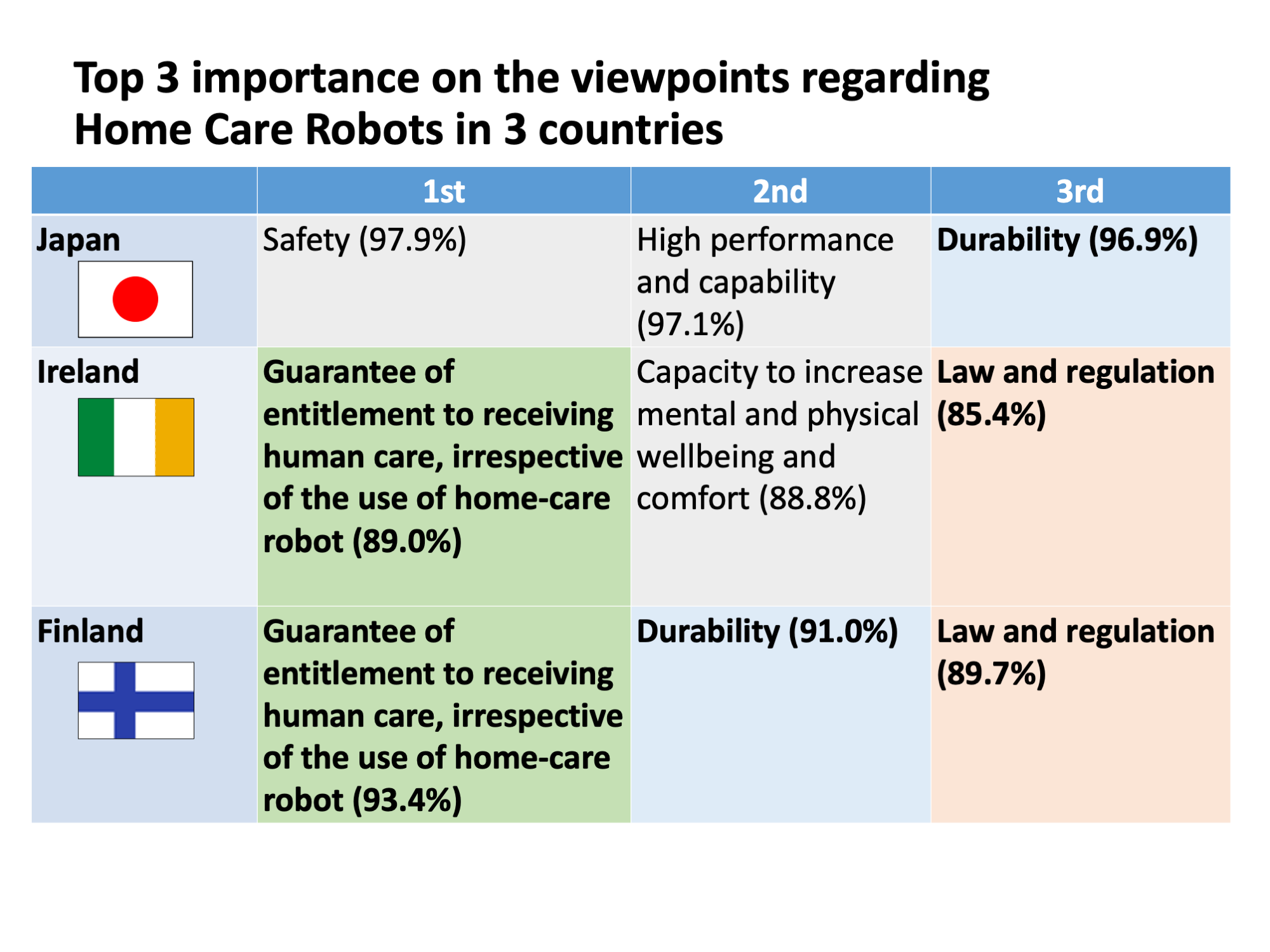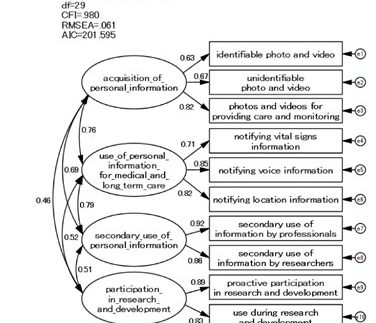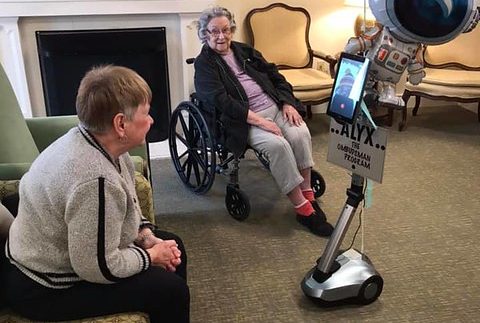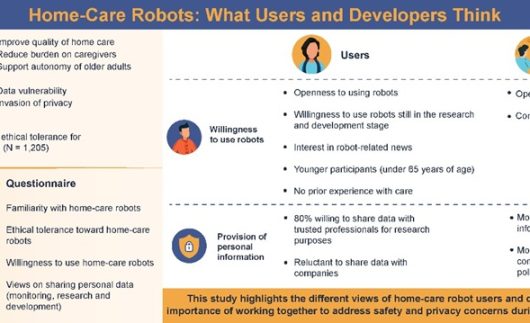Constructing an Ethical Platform for the Development and Social Implementation of AI Nursing
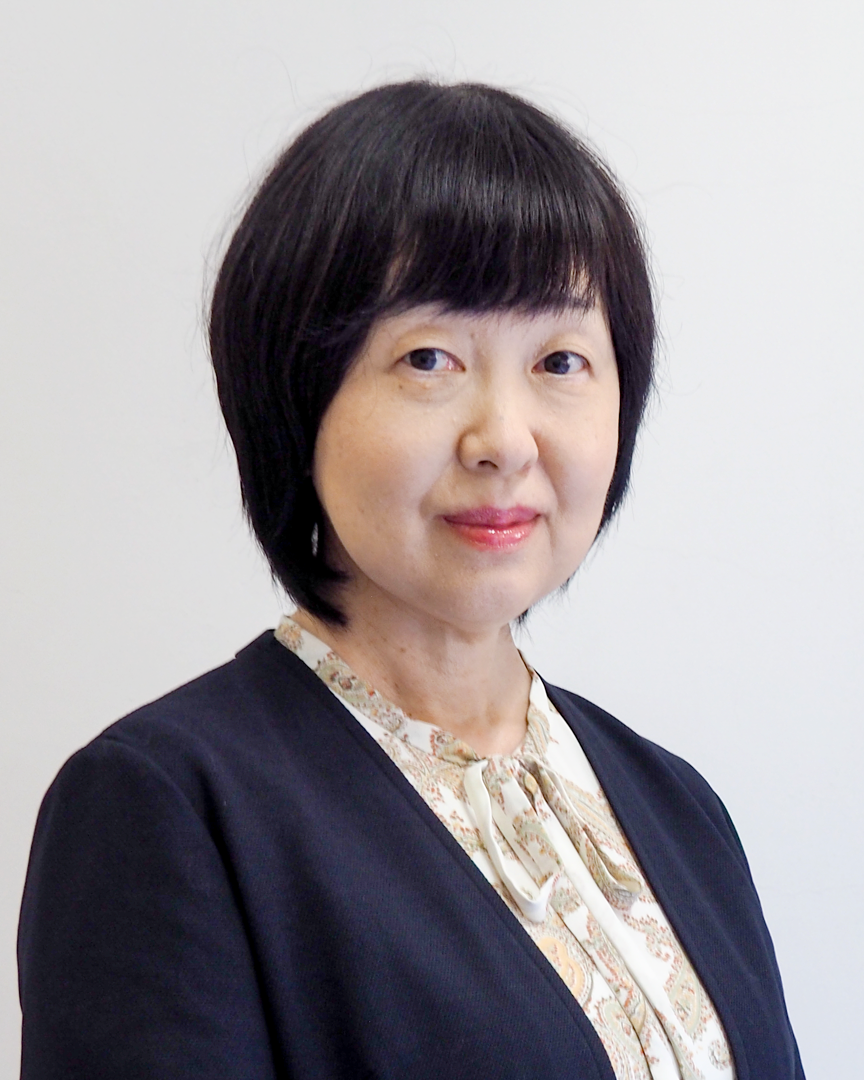
-
- Principal Investigator
Professor / Sayuri SUWA
- Affiliation
Graduate School of Nursing, Chiba University
Researchmap
ORCID ID
- Principal Investigator
Japan is promoting the development of care robots. On the one hand, some are concerned that using care robots may cause various ethical issues, such as invasion of privacy, accidents, and the deterioration of senior citizens’ body functions and activities. This is especially being considered for newly developed care robots that are about to be implemented in society. On the other hand, people’s daily lives are changing dramatically with the use of robotic artificial intelligence (AI) and information and communications technology (ICT). With this, people’s needs for assistive technology, as represented by care robots, and their ethical views regarding its use and assumed risks are also changing. Together, these perspectives suggest that the feasibility of using care robots in society remains uncertain.
To reconcile these two conflicting perspectives, we seek to build an ethical platform for developing and implementing AI nursing in society. We define “AI nursing” as the use of AI as an assistive technology by senior citizens and their care providers. As an assistive technology, it respects people’s intentions and ethical views to achieve optimal care. We seek to work under this premise.
Specifically, we explicitly take on the following challenges: 1) developing a globally applicable technology-acceptance model with ethical perspectives through multinational collaborations; 2) identifying organizational management for the safe and secure introduction and continued use of autonomous robots in care facilities; and 3) inventing an information retrieval and provision system for dementia care that respects the autonomy and independence of the elderly.
Thus, we advance and promote the development of assistive technology, which is meant for senior citizens, family caregivers, and medical and nursing care professionals, so that it can be implemented globally.

